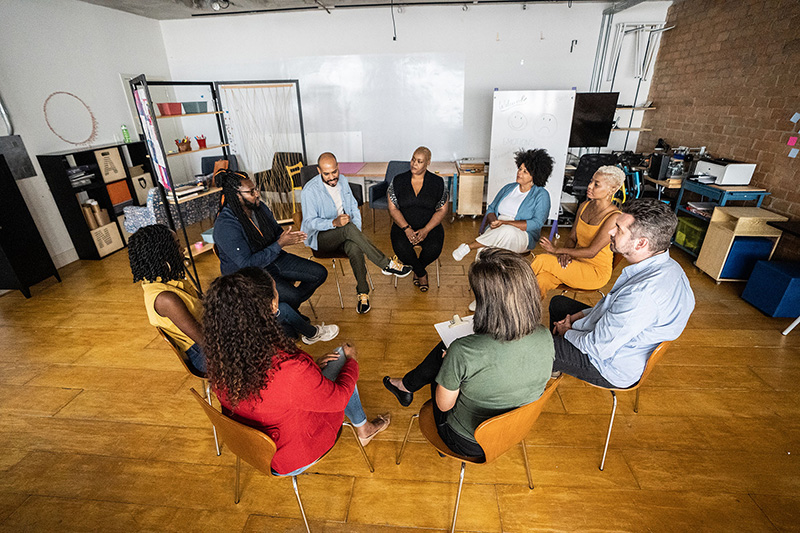To measure local trust in medical research, a research team starts at the source
Trust in medical research is a key component affecting individuals’ participation in such research. Many tools are available to assess levels of trust in medical research. When the CEAL Washington, D.C., Maryland, and Virginia Regional Team (CEAL DMV) needed to choose a tool to measure trust in medical research among Baltimore communities that have traditionally been underrepresented in research, they engaged the community to determine which tool they preferred.
First, the team assembled a committee made up of community members and academics to review existing tools for measuring trust in medical research. The committee selected two to study: Perceptions of Research Trustworthiness (PoRT) and Trust in Medical Researchers (TiMRs). After translating both tools into Spanish, the team then convened four focus groups — half in English and half in Spanish — to discuss aspects of both instruments and ask which one the participants felt would do a better job of assessing trust in medical research among their Baltimore neighbors.
“Community engagement in research is paramount in promoting trusting relationships between researchers and the community. Therefore, this study specifically aimed to collect community perspectives on existing instruments through focus groups and leverage that community input in the selection process.” Journal of Clinical and Translational Science, April 2025
A few key themes emerged during the process. Discussions revealed that people may have differing levels of trust in different entities: researchers, research, and institutions are not the same. Allowing participants to distinguish between those groups can be beneficial to understanding their perspectives. Clear language also matters: Participants had different interpretations of what was meant by “medical research.” They also noted some unclear or hard-to-understand language in the tools. Increasing the accessibility of these kinds of instruments can help those looking to measure trust in research among underrepresented communities.
CEAL DMV notes that “community engagement in research is paramount in promoting trusting relationships between researchers and the community.” By leveraging community voices in the early step of selecting an assessment tool, the team helped to ensure that community representation is infused in future phases of their research.
Last updated: August 14, 2025
